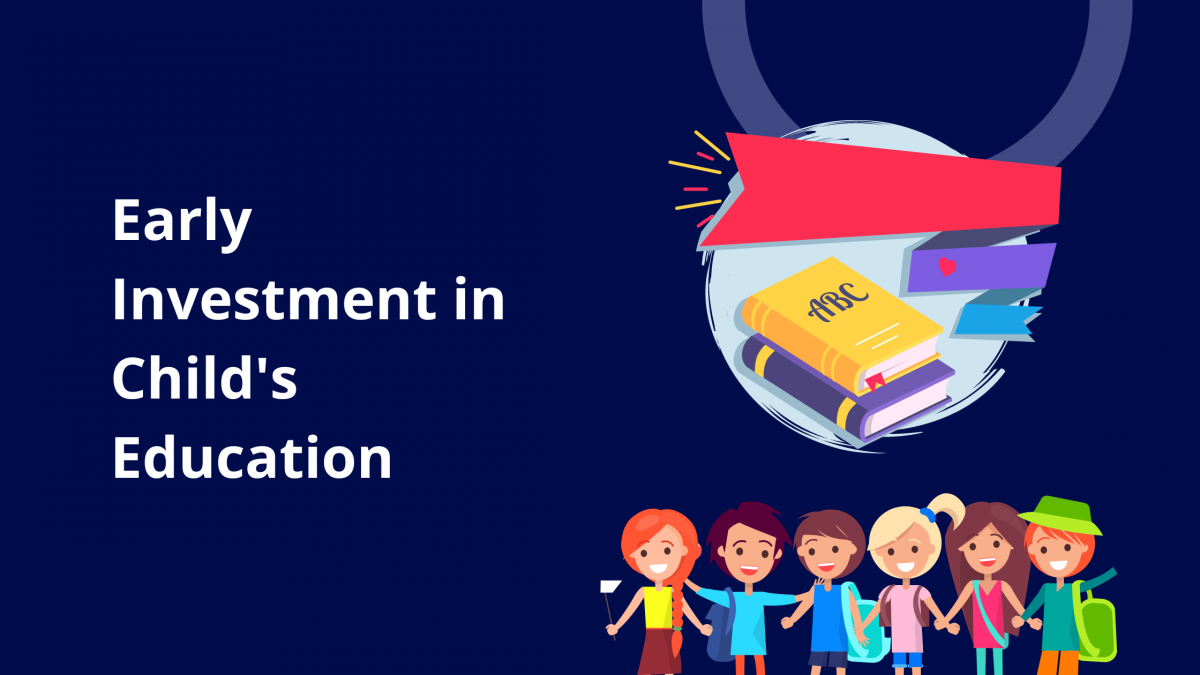
Investing early in your child’s education
Invest early in your child’s education for long-term gains
A wealth of research has unequivocally demonstrated that investment in the early years of education can have long-lasting benefits for children’s cognitive development. For example, children who have been fortified with proper early childhood education are mostly better prepared for the transition to the next stages of schooling and education. As a matter of fact, this also has been shown to positively impact the learning outcomes throughout their lives. It has also been conclusively shown that such early childhood education helps children get better employment opportunities and provides a foundation that aids in lifelong learning and development.
Admittedly, most of these research works were conducted in developed countries and are strictly not translatable to Indian contexts in toto. However, the body of work with near similar conclusions from developing and less developed countries, including India, is not inconsequential either. It will not be out of context to mention here that children from disadvantaged groups stand to benefit the most from being exposed to early childhood education. Research also shows that significant benefits accrue to the economy and society by bringing more children into its ambit.
Why the New Education Policy (NEP 2020)
This is the raison d’être behind the New Education Policy (NEP 2020), which recommends ensuring universal access to high-quality early childhood care and education for children aged 3–6 years by 2030. However, on the ground, there remain huge challenges brought about by regional (rural/urban) and socio-economic inequalities to make such access to pre-primary education universal. Bringing girls and children belonging to historically disadvantaged social groups, especially in rural areas will constitute a severe test. Barriers that crop up due to the household’s economic condition or the educational status of the head of the economic unit are major constraints that must be addressed along the way as well. “The Government is well aware of the challenges and is taking all necessary steps to address the issues,” said Tamal Mukherjee, Chairman of the National Task Force for Preschool Education, ASSOCHAM, and Founder & Director, Nalanda Learning Systems.
The Micro Challenges
On a micro level, the challenge will be to convert the existing infrastructure and empower it to systematically implement the Government’s scheme to ensure that the proper investment in India’s future continues unabated. Toward this end,
increasing digital transformation of the pedagogy;
the creation of course content that is aligned with the greater goal;
reskilling of the teachers to integrate their efforts into the new system; and
the consistent evaluation of the progress of the children will need to be ensured.
The Nalanda Solution
The Nalanda Learning system, created by experts, has evolved through practical practice over the years, one that has been tested in close to a hundred pre-primary schools has the answers ready. The Nalanda Learning system is not only tailor-made for existing institutions but also for those seeking to integrate forward and the ones that are now contemplating entering the segment.